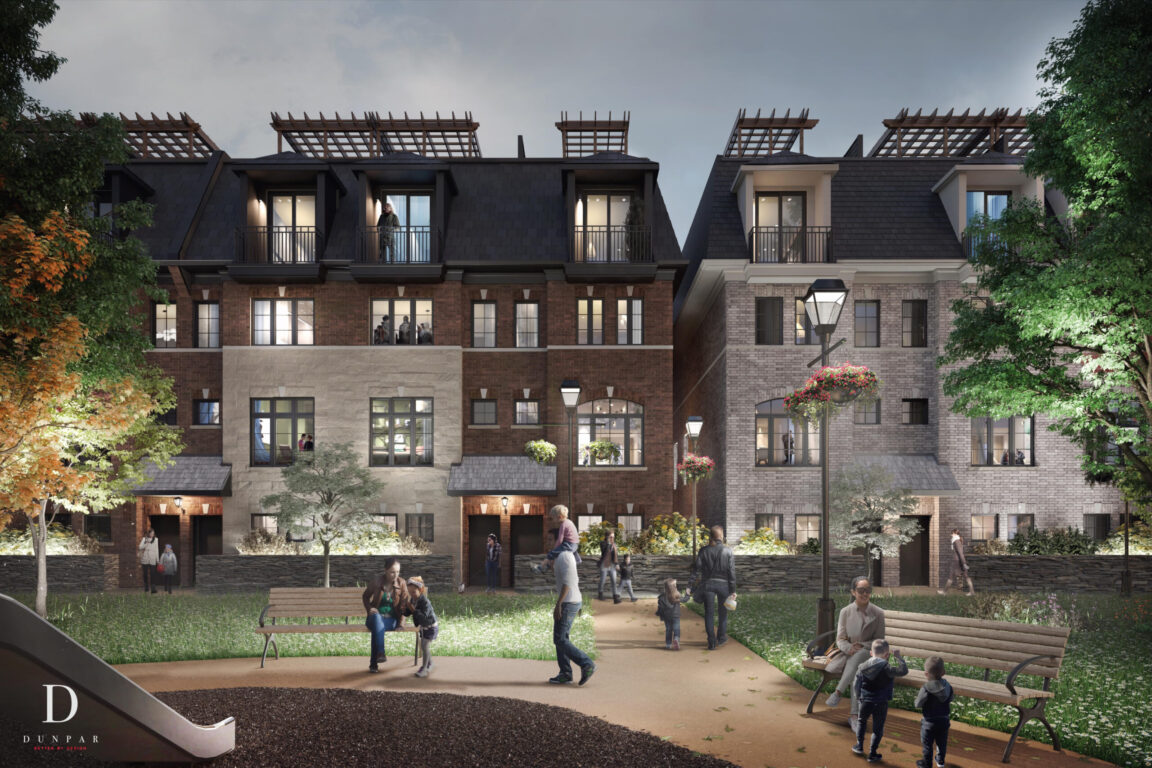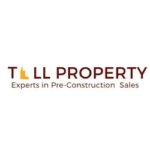Buying a pre-construction home can be an exciting and profitable investment, but it also requires careful planning and research. This is especially true for pre-construction homes in Toronto, a city with a booming real estate market and a complex regulatory environment. In this guide, we’ll walk you through the most important things you need to know when buying a pre-construction home in Toronto.
It is important to buy by understanding!
If you’re considering buying a prefab home in Toronto, there are a few important things to keep in mind before you sign on the dotted line. Buying a pre-construction home can be a good investment, but it’s also a complicated process that requires careful planning and research.
Research and development
The first step in buying a pre-construction home is to research the developer. You want to ensure they have a solid industry reputation and a proven track record of delivering quality homes on time. Look for reviews online and talk to other homeowners who have worked with developers before. This will give you an idea of the developer’s credibility and help you make an informed decision.
Understand the deposit structure
Most pre-construction homes in Toronto require a deposit of 20% to 25% of the purchase price. This deposit is usually paid in installments over months or years. It is important to understand the structure of the deposit and make sure you have enough funds to meet the payment plan. If you change your mind and decide not to proceed with the purchase, you should also be aware of the developer’s refund policy.
Review the sales and purchase agreement
The Purchase Agreement is a legally binding agreement between you and the Developer. It sets out the terms and conditions of the purchase, including the purchase price, deposit structure, end date, and any additional costs or fees. Before signing the contract, please read it carefully and make sure you understand all the terms. If you have any questions or concerns, please do not hesitate to contact your attorney or real estate agent.
Understanding transaction fees
In addition to the purchase price, there are some closing costs associated with buying a pre-construction home in Toronto. These include land transfer taxes, legal fees, title insurance, and development costs. In addition to the purchase price, these costs should be anticipated to avoid surprises.
Know your rights
As a new home buyer, you have certain rights under Ontario law. For example, the developer must provide you with a disclosure statement that details important information about the project, such as the estimated completion date and any material changes. You also have a 10-day cooling-off period during which you can cancel the contract without penalty. It is important to know your rights and ensure they are protected throughout the process.
Get professional advice
Buying a pre-construction home in Toronto is a complex process and it is important to get professional advice to ensure everything goes smoothly. You should work with a real estate agent who has pre-sale experience and can help you through the process. You should also consult with an attorney who specializes in property law to review contracts and ensure your rights are protected.
Keep the risk in mind
Buying a pre-construction home is not without risk. Completion dates may be delayed, the final product may not be as planned, and unexpected costs or problems may arise during construction. It’s important to keep these risks in mind and make sure you have contingency plans in place should something go wrong.
Stay informed throughout the process
Finally, it is important to be informed throughout the pre-construction process. This means attending meetings with developers and following up on any changes or delays. It is also recommended to visit the construction site regularly to check the progress. By keeping your information safe, you can smooth the process and ensure you get the home you paid for.
Conclusion
Buying a pre-construction home in Toronto can be a smart investment, but it’s important to do your due diligence and understand the process. By researching developers, understanding cost structures, reviewing sales and purchase agreements, budgeting for transaction costs, protecting your rights, and staying informed throughout the process, you can ensure the success of your investment.
This post was created with our nice and easy submission form. Create your post!






